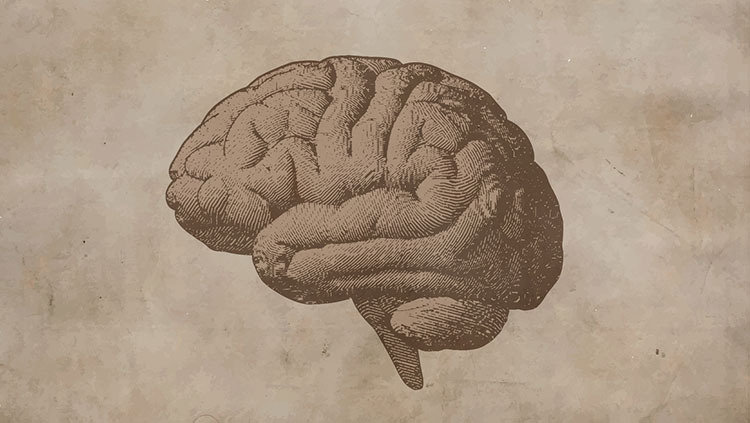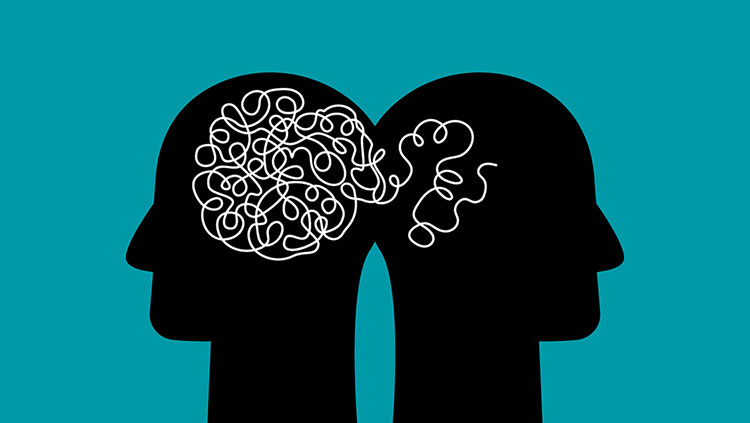ICYMI: Studying Math Helps the Teen Brain Develop
- Published16 Jul 2021
- Author Alexis Wnuk
- Source BrainFacts/SfN

Studying math past the age of 16 supports brain development and later cognitive abilities, researchers reported June 15 in Proceedings of the National Academy of Sciences. In the U.K., students can opt to drop math classes when they turn 16. The researchers wanted to know whether this led to any differences in brain development and cognitive ability between math lovers and the math averse. So, they scanned the brains of 129 teens between ages 14 and 18. Those who dropped math classes at 16 had lower levels of the neurotransmitter gamma-aminobutyric acid (GABA) in regions of the brain involved in math, reasoning, and problem solving. They also performed worse on tests of basic arithmetic and mathematical problem-solving more than a year later.
Big picture: The study shows how education can mold our brains, potentially determining cognitive ability for years to come. Tellingly, GABA levels in younger students didn’t differ, suggesting that the lower levels in older teens was a result — rather than a cause — of dropping math.
Read more: Studying maths beyond GCSEs helps brain development, say scientists. The Guardian
More Top Stories
- Neurological and psychiatric symptoms of COVID-19 are common. The Scientist
- COVID’s brain changes look a lot like Alzheimer’s. Inverse
- Exercise can undo some of the detrimental effects of poor sleep. The Guardian
- A tiny, inflatable implant injected into the spine could relieve chronic pain. The Scientist
- Laughing gas may help treat depression. Vice
- A protein in robins’ eyes can detect magnetic fields. The Scientist
- A scientist debunks the myth of male and female brains. The Conversation
- Zapping the vagus nerve reduces fatigue and improves mental performance after an all-nighter. Scientific American
- Scientists discover two new types of glial cells. The Scientist
- Songbirds’ brains sync up when they perform duets. CNN
- These birds aren’t fooled by sleight-of-hand tricks. The New York Times
- Night owls are more depressed and anxious than morning larks. CNN
CONTENT PROVIDED BY
BrainFacts/SfN



















